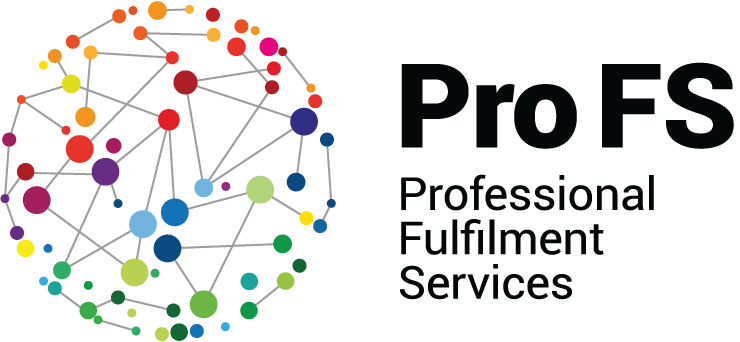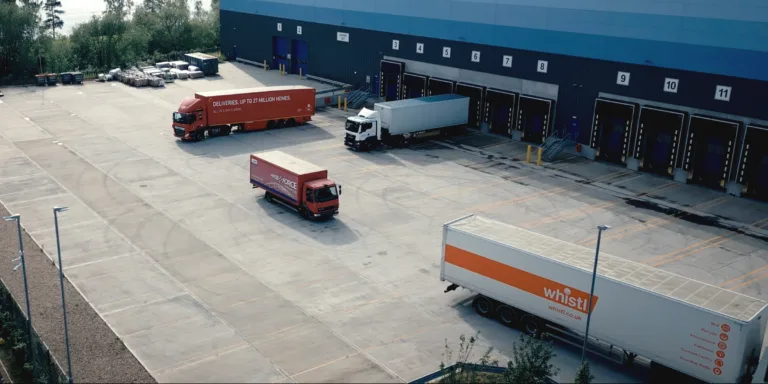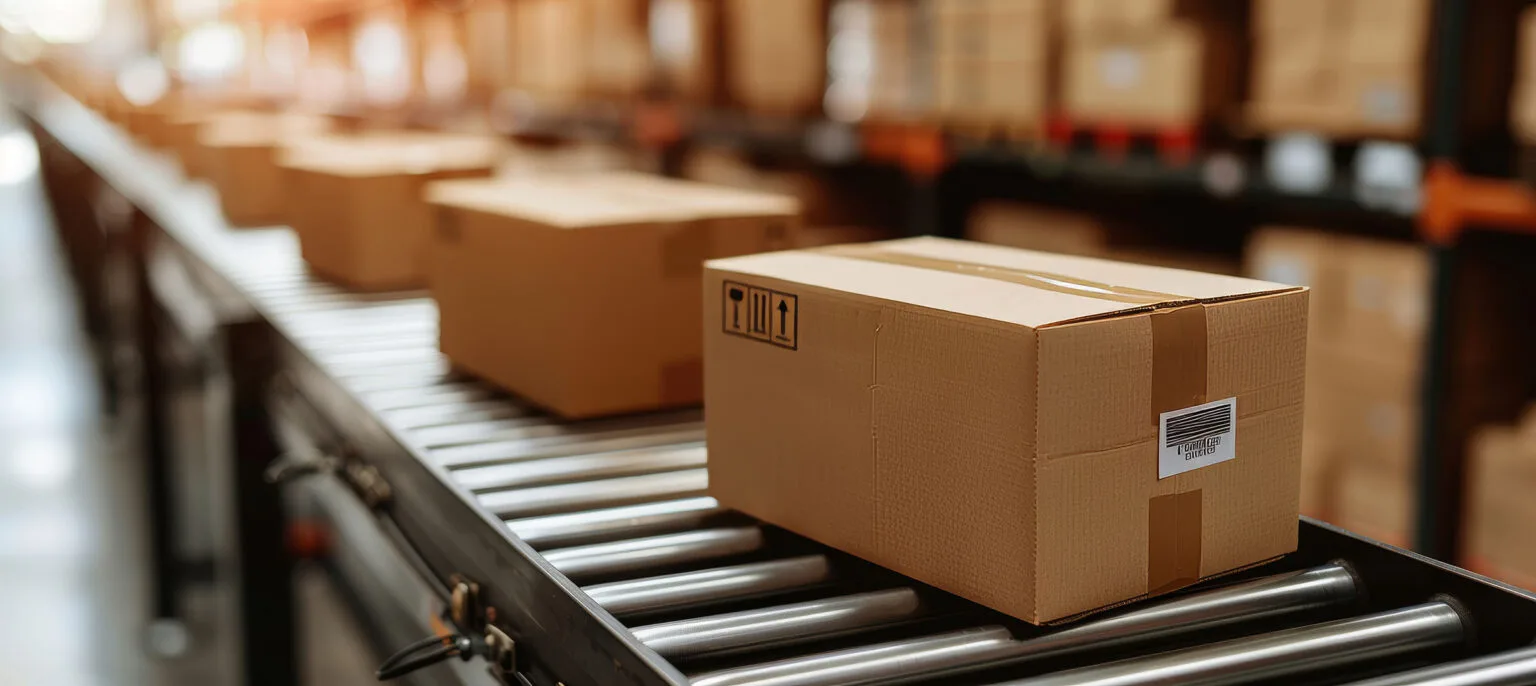Table of Contents
- Introduction to 3PL Cost Savings
- Reduced Overheads through Third-Party Fulfilment
- Shared Resources for Cost Efficiency
- Leveraging Economies of Scale
- Lower Shipping Rates and Optimised Transportation
- The Long-Term Value of a 3PL Partnership
As businesses grow and evolve, the complexity of managing logistics often becomes a significant challenge. For many companies, particularly those in e-commerce, managing supply chains, warehousing, and fulfilment can be both costly and time-consuming. That’s where a 3PL logistics company (Third-Party Logistics provider) can offer substantial benefits. This article looks at the financial advantages of outsourcing 3PL logistics services, helping businesses to cut costs and optimise efficiency.
Introduction to 3PL Cost Savings
Outsourcing 3PL logistics services can dramatically lower costs while enhancing efficiency. A 3PL logistics company takes over your logistics operations, handling tasks such as e-commerce fulfilment, transportation, and 3PL warehousing. By leveraging the resources, expertise, and infrastructure of a 3PL, businesses can reduce their logistical burden and improve operational efficiency.
3PL services often cover everything from inventory management and order fulfilment to shipping and returns processing. Businesses that partner with a third party logistics provider benefit from streamlined operations, which can lead to significant cost reductions, (especially for companies experiencing rapid growth or fluctuating demand). 3PL providers can deliver significant financial advantages through reduced overheads, shared resources, economies of scale, and lower shipping rates.
Reduced Overheads through Third-Party Fulfilment
One of the primary financial benefits of using a 3PL logistics company is the reduction of overhead costs. Running your own warehousing, fulfilment, and shipping operations can be expensive. Businesses must invest heavily in real estate, utilities, equipment, technology, and staff to manage these processes effectively. By partnering with a 3PL, you can significantly reduce or even eliminate these direct operational expenses.
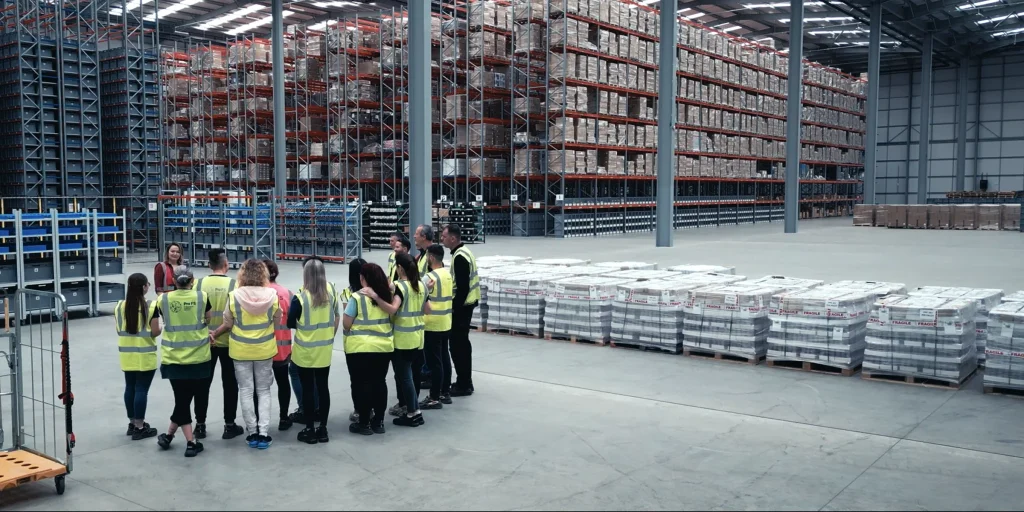
For example, instead of purchasing or leasing warehouses, managing utility bills, and maintaining equipment, a business can use the infrastructure of a 3PL provider. This shift not only cuts down on capital expenditure but also eliminates the need to hire and train a logistics team. The costs associated with software and systems for inventory tracking, order management, and shipping can also be reduced, as many third party fulfilment companies provide access to advanced technology as part of their service package.
Ultimately, outsourcing logistics to a 3PL logistics company allows businesses to focus their resources on growth and product development, rather than being bogged down by day-to-day logistics operations.
Shared Resources for Cost Efficiency
Another major cost advantage of working with a 3PL logistics company is access to shared resources. A third party fulfilment provider pools resources such as warehousing, transportation, and technology systems across multiple clients. This sharing model means that businesses can benefit from highly efficient 3PL logistics services without the financial burden of maintaining those resources themselves.
For example, transportation fleets used by a 3PL logistics company are often shared among various clients, allowing the provider to spread out the costs of fuel, vehicle maintenance, and drivers. This results in lower transportation costs for each client. Similarly, fulfilment centres are designed to handle the needs of multiple businesses, further reducing costs related to space, equipment, and staffing. The same applies to advanced technology systems, such as warehouse management software and route optimisation tools, which are made available to clients without requiring significant upfront investment.
By tapping into these shared resources, businesses can achieve greater operational efficiency at a fraction of the cost of managing their logistics internally.
Leveraging Economies of Scale
3PL providers often serve a wide range of clients across different industries, which enables them to benefit from economies of scale. These large-scale operations allow 3PLs to negotiate better pricing with suppliers, carriers, and service providers, passing these cost savings on to their clients.
For example, a 3PL logistics company can negotiate bulk discounts with shipping carriers due to the high volume of parcels they manage. This is particularly beneficial for e-commerce fulfilment, where shipping costs can be a significant expense. The 3PL’s ability to secure favourable shipping rates translates directly into cost savings for your business.
Moreover, larger third party fulfilment companies may have access to discounts on packaging materials, equipment, and warehousing space, all of which can contribute to a reduction in overall operational costs. In this way, outsourcing 3PL services enables businesses to leverage the provider’s purchasing power and secure lower rates than they could achieve on their own.
Lower Shipping Rates and Optimised Transportation
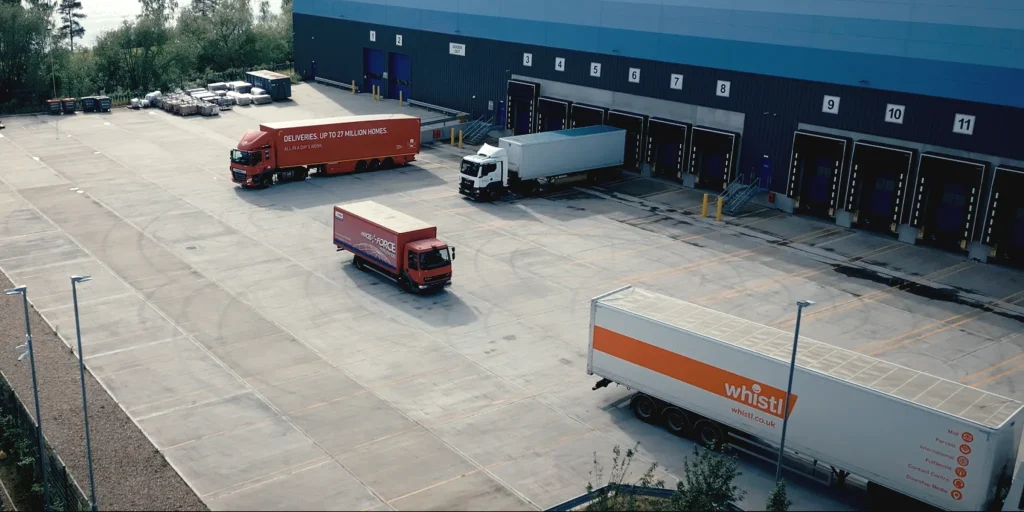
Shipping is often one of the most expensive aspects of logistics, especially for e-commerce businesses that rely on fast, reliable delivery. A key advantage of working with a 3PL services provider is access to lower shipping rates and optimised transportation solutions.
3PL logistics companies have strong relationships with major carriers such as DHL, UPS, and FedEx. Due to the high volume of shipments they handle, 3PLs can negotiate volume discounts with these carriers, offering shipping rates that are significantly lower than those an individual businesses could achieve. These savings are passed directly to the businesses they serve, making it possible to offer competitive shipping rates to customers while maintaining healthy profit margins.
In addition to lower shipping rates, 3PL providers offer optimised transportation solutions. Using advanced route planning software, 3PLs can ensure that deliveries are made efficiently, reducing transit times and transportation costs. Multi-channel fulfilment, where products are dispatched from the nearest fulfilment centre to the customer, can further lower costs by reducing the distance that products need to travel. These optimisations lead to both cost savings and improved delivery times.
Hidden Costs to Watch For
While the cost savings associated with using a 3PL services provider are substantial, it’s important to be aware of potential hidden costs that could offset those savings. Before committing to a 3PL partnership, businesses should carefully review the provider’s pricing structure to avoid unexpected expenses.
Some common hidden costs to watch for include:
- Storage Fees: Some 3PL providers charge additional fees for long-term storage or during peak seasons when warehouse space is in high demand.
- Technology Integration Costs: Integrating your systems with the 3PL’s technology platform may incur upfront costs, particularly if custom solutions are required.
- Surcharges for Special Handling: Certain products, such as hazardous materials or oversized items, may incur extra fees for special handling or packaging.
- Contractual Terms: Some 3PLs may have inflexible contract terms that lock you into long-term commitments or include penalties for early termination.
To mitigate these risks, it’s essential to ask detailed questions during the selection process and to carefully compare the pricing models of different 3PL providers.
Are Outsourced 3PL Services Right for Your Business?
To determine whether outsourcing logistics to a 3PL provider is the right choice for your business, it’s essential to measure the return on investment (ROI) of a 3PL partnership. This can be done by tracking key performance indicators (KPIs) that reflect the efficiency and cost-effectiveness of your logistics operations.
Some important KPIs to consider include:
- Cost per Order: Calculate the total cost of fulfilling each order, including warehousing, fulfilment, and shipping costs. A 3PL services provider should be able to help lower this metric.
- Shipping Speed: Track the average time it takes for orders to reach customers. Faster shipping can lead to higher customer satisfaction and repeat business.
- Inventory Accuracy: Measure the accuracy of inventory management, which is critical for ensuring that customers receive the correct items on time.
- Customer Satisfaction: Monitor feedback from customers regarding delivery times, product condition, and overall experience.
By evaluating these KPIs, businesses can make an informed decision about whether a 3PL partnership offers sufficient cost savings and service improvements to justify the investment.
The Long-Term Value of a 3PL Partnership
Partnering with a 3PL services provider brings a range of cost benefits, from reduced overheads and shared resources to lower shipping rates and optimised transportation. While there may be some upfront costs and potential hidden fees, a well-chosen 3PL provider can significantly enhance the efficiency and cost-effectiveness of your logistics operations.
For businesses looking to scale or streamline their operations, the long-term financial advantages of outsourcing logistics to a 3PL far outweigh the costs. By leveraging the infrastructure, expertise, and economies of scale provided by a 3PL, businesses can focus on growth and customer satisfaction, while enjoying lower costs and improved logistical performance.
Contact Pro FS today and unlock the financial advantages of a tailored 3PL solution. From reduced overheads to optimised shipping rates, we’re here to help your business grow efficiently.
